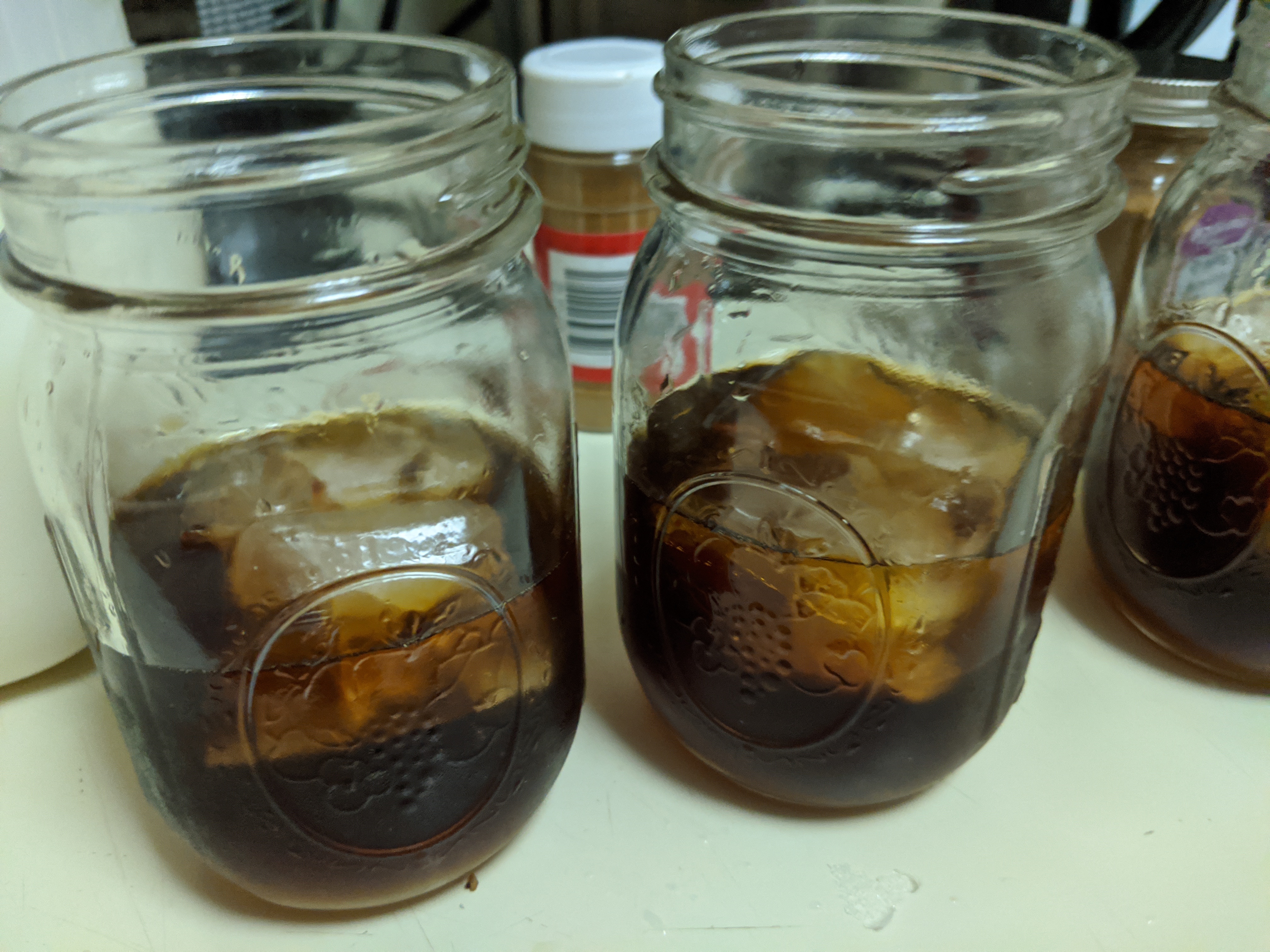
Shallow Dive into Open CV
Sun Feb 23 2020
This blog post going over the basic image manipulation things you can do with Open CV. Open CV is an open-source library of computer vision tools. Open CV is written to be used in conjunction with deep learning frameworks like TensorFlow. This tutorial is going to be using Python3, although you can also use Open CV with C++, Java, and Matlab
1 Reading and Displaying Images
The first thing that you want to do when you start playing around with open cv is to import the dependencies required. Most basic computer vision projects with OpenCV will use NumPy and matplotlib. All images in Open CV are represented as NumPy matrices with shape (x, y, 3), with the data type uint8. This essentially means that every image is a 2d matrix with three color channels for BGR where each pixel can have an intensity between 0 and 255. Zero is black where 255 is white in grayscale.
# Open cv library
import cv2
# numpy library for matrix manipulation
import numpy as np
# matplotlib for displaying the images
from matplotlib import pyplot as pltFOSS vs FLOSS
Sun Feb 16 2020
Last week for HFOSS(Humanitarian Free and Open Source Software IGME-582) at RIT I was introduced to three articles that picked apart the differences between Free Software and Open Source Software.
- How I coined the term ‘open source’ by Christine Peterson
- When Free Software Isn’t (Practically) Superior by Benjamin Mako Hill
- Why Open Source misses the point of Free Software by Richard Stallman
Peterson’s article discussed how she coined the term Open Source and how that term became widely used. She explained that “Open Source” was a new term to replace “Free Software” because it would resonate better with businesses. At that time(and still to this day) Free software was confused with software that you can get at no cost; Free Software is really free as in speech rather than free as in beer. Peterson’s phrase “Open Source” gained a foot hold with larger communities and businesses because it focused on the practical benefits of doing software development in a public manner. Open Source software focused on collaboration and how building software in the public could improve security – this really enticed businesses. To this day we see that businesses like Microsoft latch on to the phrase Open Source.

Jupyter will Change your Life
Thu Feb 06 2020
It is not uncommon for me to get exuberantly excited over an open-source project that I stumble upon– Jupyter Lab has taken the cake this month. The Jypyter project extends IPython notebooks to the web browser and added support for multiple languages.
1 Why Notebooks?
As a researcher, I love notebooks because they enable you to easily share your code with others. Notebooks are much more interactive than simply sharing source code because you can mix text(markdown), code, and outputs in code execution. For classes and when working, this makes it very easy to generate quick reports. You can simply write a document that auto generates the graphs and figures you want to talk about in your document.
Towards a new Hacker Ethic
Sun Feb 02 2020
Last week I listened to the talk Programming is Forgetting: Toward a New Hacker Ethic for a second time. This was an amazing talk given by Allison Parrish at the Open Hardware Summit in 2016. The first time I was introduced to this talk was over a year ago by a friend that was introducing me to the nuanced differences between “new” and “old” FOSS cultures. Whenever I listen to this talk I get nostalgic about 70’s and 80’s hacker literature like the “Hackers Manifesto” which inspired me in middle school.

College Cookbook Part 2
Tue Jan 28 2020
Following up on the college cook book that I wrote a year ago, I wanted to “open source” some of my current obsessions. I am going to highlight three recipes that are quintessential for college students because they are easy to prepare ahead of time, transportable, and are high in energy. The combination of these three recipes makes a long day on campus a breeze.

1 Cold Brew Coffee
Cold brew coffee is currently a major fad because it is less acidic than normal coffee, high in caffeine, lasts around 2 weeks in the fridge, and tastes sweeter than normal coffee. I am a major coffee fanatic, but, buying coffee on campus is expensive and the lines are long in the morning. Cold brew is great for college students because you can make it weeks in advance and easily transport it anywhere on campus.

1.1 Ingredients
- coarsely ground coffee
- container (most people use mason jars)
- filtered water
- coffee sweeteners
1.2 Preparation
Recent Posts
The Data Spotify Collected On Me Over Ten YearsVisualizing Fitbit GPS Data
Running a Minecraft Server With Docker
DIY Video Hosting Server
Running Scala Code in Docker
Quadtree Animations with Matplotlib
2020 in Review
Segmenting Images With Quadtrees
Implementing a Quadtree in Python
Parallel Java Performance Overview